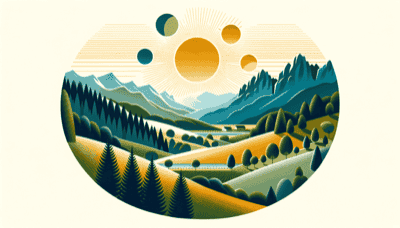We're here to help you keep count of the days to or since a date. Just click the button below and enter your chosen date to get started. Also choose the suggested days or search for a special day above #countingthedays

The June Solstice, also known as the Winter Solstice in the Southern Hemisphere, marks the day when the Sun is at its northernmost point from the celestial equator. In Chile, this event typically occurs on June 20th or 21st each year.
Historically, indigenous cultures such as the Mapuche people have observed natural cycles closely. The solstice has been an essential part of their calendar, with spiritual significance attached to the changing of seasons.
One traditional celebration is We Tripantu (Mapuche New Year), which coincides with the Winter Solstice. It's a time for renewal and purification, where families gather to honor nature and ancestral spirits, often through ceremonies that include ritual baths in natural waters.
Today in Chile, while some continue to observe indigenous traditions like We Tripantu, others may simply enjoy a day off work or school if it falls on a weekday. The solstice is more of an astronomical event than a widely celebrated public holiday.
People might mark the day by attending cultural events or festivals that celebrate indigenous heritage. It's also common for individuals to gather with friends and family for intimate social gatherings. Outdoor activities may be less common given the cooler winter weather in Chile during this time.
In urban areas like Santiago, observatories might offer special programs for those interested in astronomy to learn more about the solstice's significance from a scientific perspective.